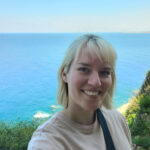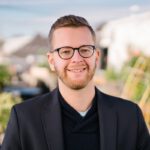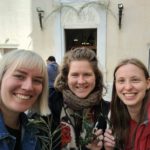Studying in the Middle East
The study program SiMO ( From German: Studien im Mittleren Osten) and the program extension SiMO+ enable students as well as graduates to study, research and work in Lebanon for a minimum of 3 and a maximum of 12 months.
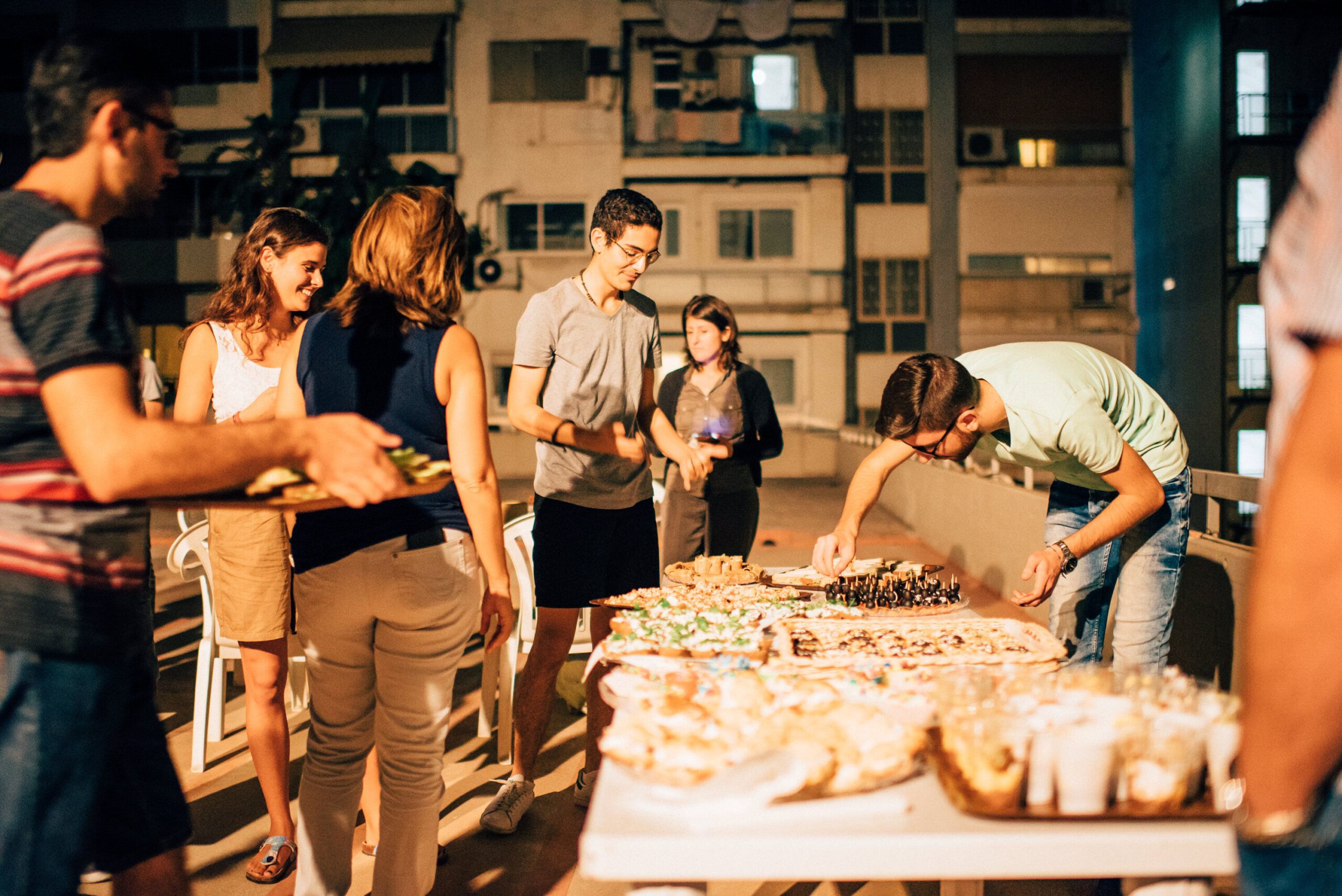
The Study Programs
SiMO and SiMO+ offer students and graduates the opportunity to live and study at the tradition-steeped Protestant Near East School of Theology in Beirut, Lebanon. Additionally, internships can be completed in local church and civil society NGOs with different target groups. Both programs offer the unique opportunity to explore the cultural and religious diversity of Lebanon and to have a unique experience abroad in the Middle Eastern metropolis of Beirut.
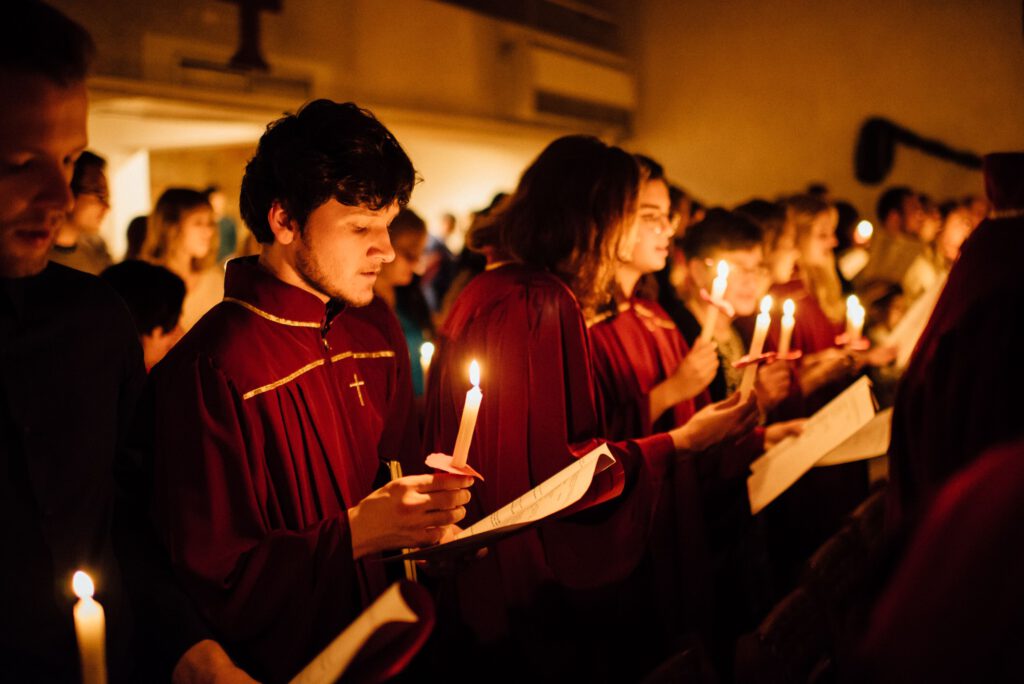
SiMO
The full study experience at the Near East School of Theology
- A complete academic year (approx. October – June) in Beirut
- Interesting theological courses on topics such as Eastern churches and Christian-Muslim relations
- Living in dorms with students from the region as well as international students
- Excursions to churches, mosques, monasteries and other institutions and unique places
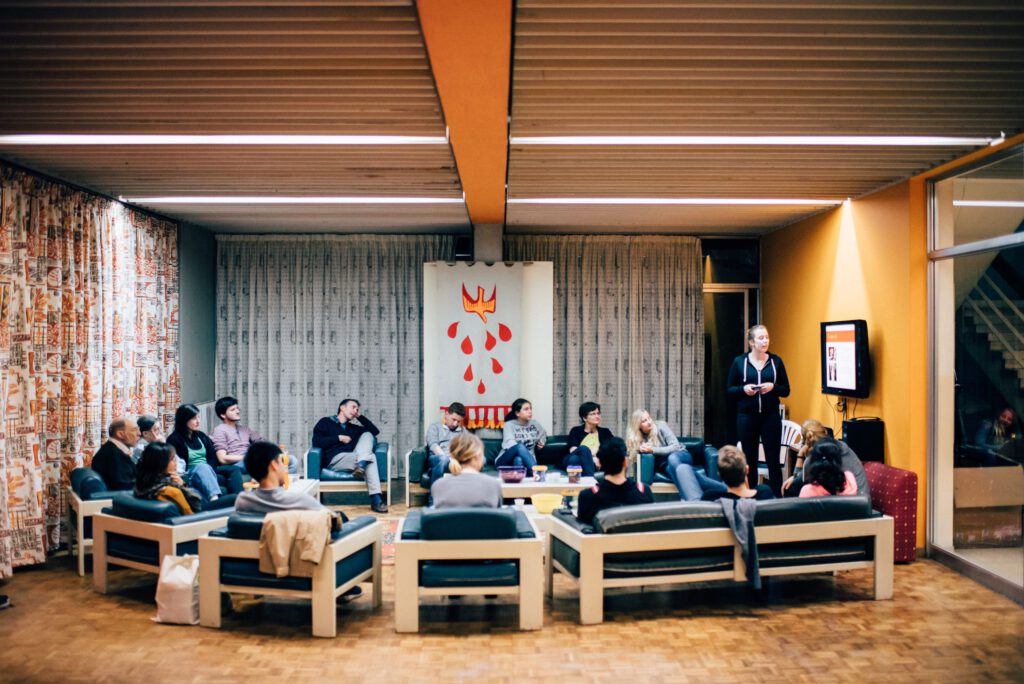
SiMO+
Flexible short-term stays at the Near East School of Theology
- 3 to 6 months research or internship in Beirut
- Research at NEST, for example for seminar papers or theses
- Internships with Lebanese partner organizations
- Participation in courses offered by NEST
- Living in dorms with students from the region as well as international students
About the Near East School of Theology
Protestants from various Middle Eastern countries like Palestine, Syria, Lebanon and Armenia, whether Armenian Protestant, Anglican, Lutheran or Reformed, live and study at the Near East School of Theology. The university is the only Protestant educational institution in the region, apart from a seminary in Cairo, where young people are trained as pastors or religious educators from the Protestant churches mentioned above.
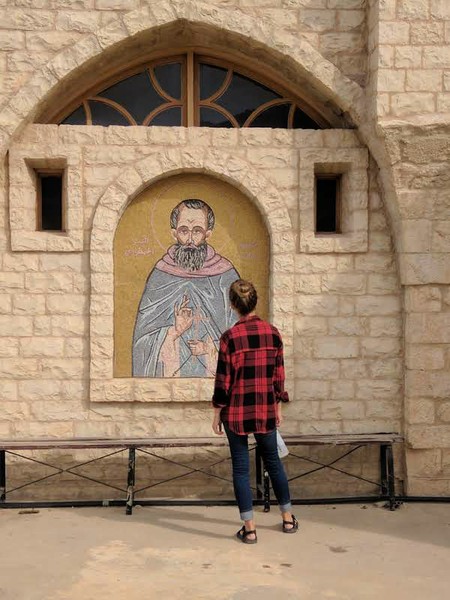
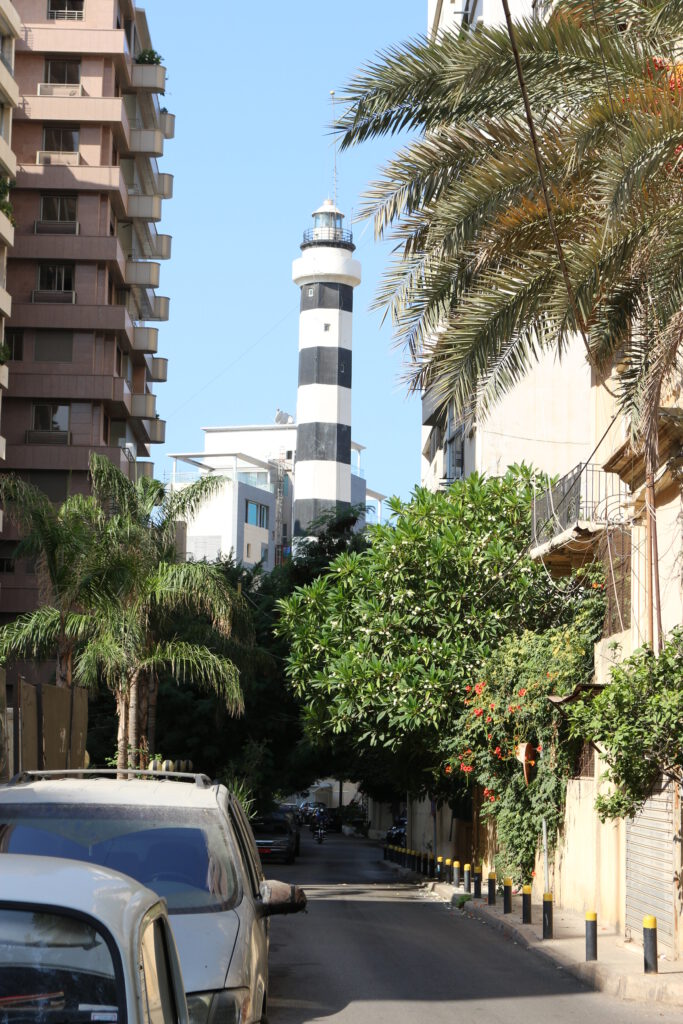
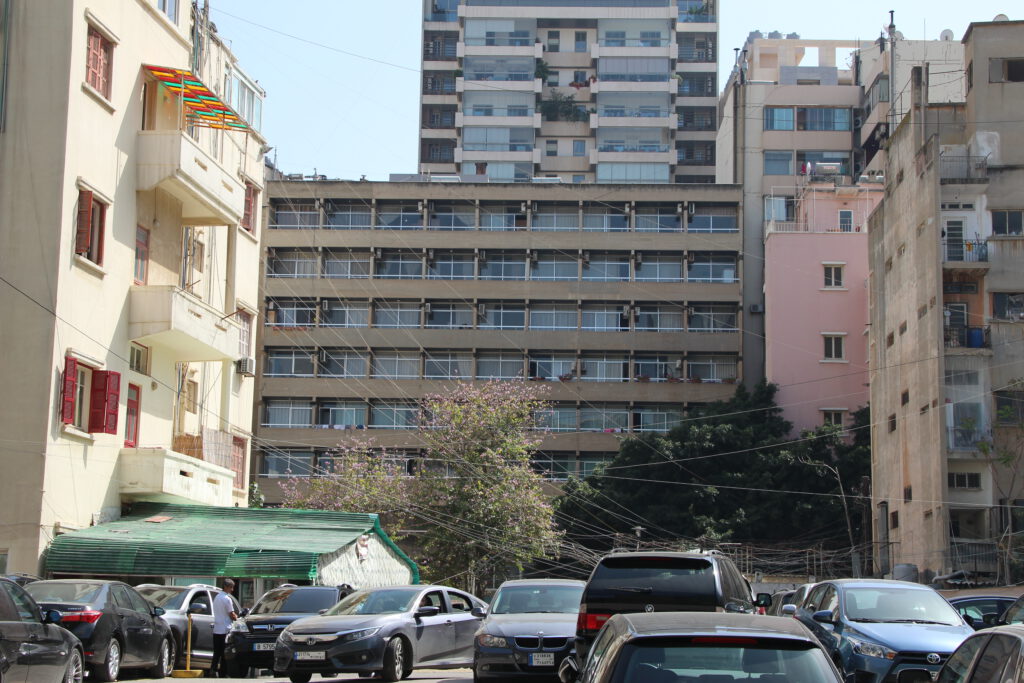
Various state degrees can be obtained at NEST, which qualify students for service in the churches or for further research.
NEST is located in the western part of Beirut, in the neighborhood of important educational and cultural institutions. Its library contains around 42,000 volumes in English, Arabic, Armenian, French and German.
What alumni say
For more than 20 years, more than 80 students have participated in the “Study in the Middle East” program at the Protestant and interconfessional Near East School of Theology in Beirut.

